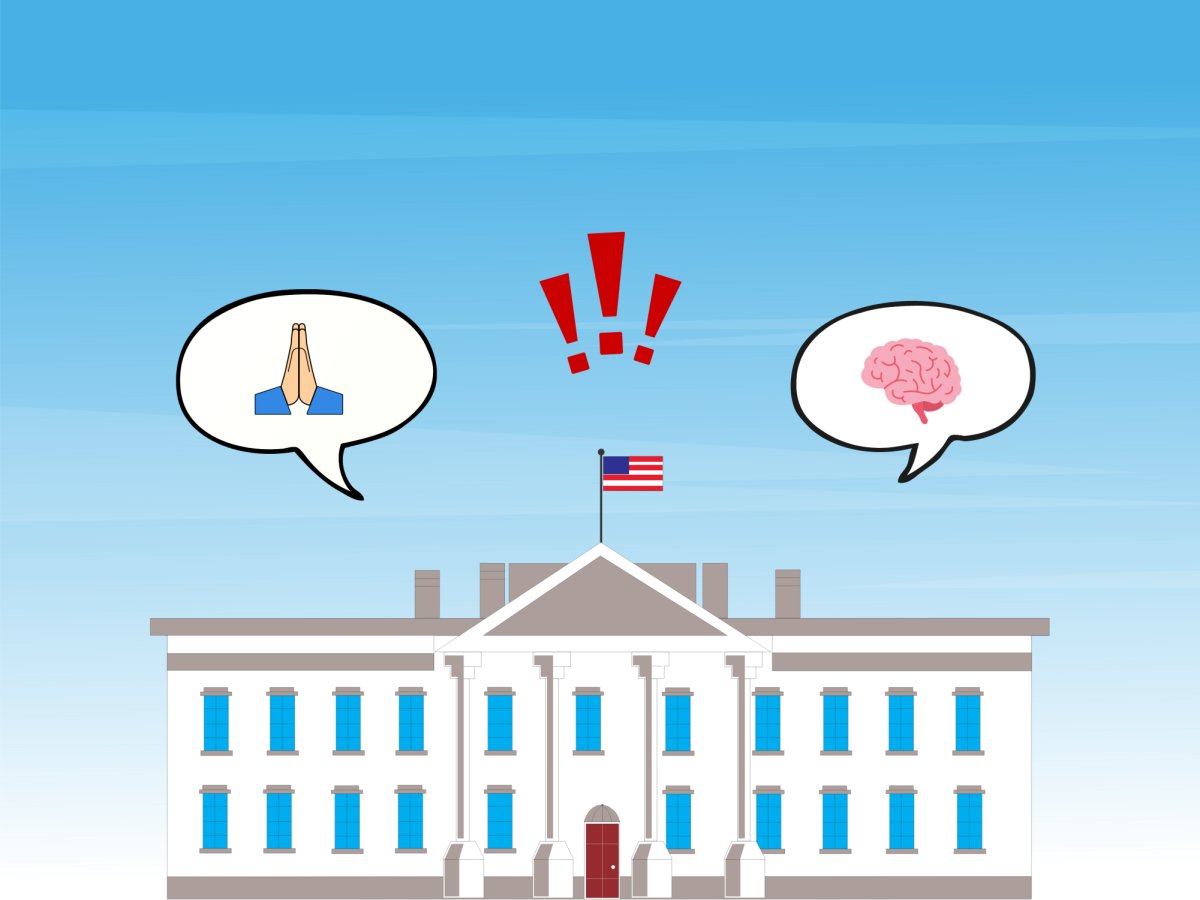Sexism in the music industry
This past summer, Taylor Swift’s former record label, Big Machine Records, was sold to record executive and music industry giant Scooter Braun. Braun is known for assisting Justin Bieber early in his career and for his close friendship and managerial status over Kanye West.
Along with buying Big Machine Records, Braun acquired Swift’s master recordings, which are the original pieces of work of a song or album. Of her first six albums, essentially her life’s work catalog of music, she should have the rights to the master recording.
Many artists make the compromise of granting a label access to master rights so they can have the advantages that come with signing to a label and advancing their careers. Essentially, if a label owns the rights to a master recording, they can control where the music is used and the percentage of royalties the artist receives from the song or album. In the words of Prince, “own your masters, or your masters will own you.”
The unfortunate reality behind the practice of labels owning masters is that they are sometimes opposed to the artists who create said work. Swift’s case was plagued by sexism and fear instilled by Braun, who, as she expressed via a Tumblr post, was responsible for “incessant, manipulative bullying” along with Braun’s clients, Kanye West and Justin Bieber.
[mks_pullquote align=”left” width=”300″ size=”24″ bg_color=”#cecece” txt_color=”#000000″]“The notion that Swift, a very prominent and talented pop-star, is being controlled by powerful men is one that is dangerous and reflected in areas of the workforce for women.”[/mks_pullquote]
To disclaim, Swift was aware that by walking away from Big Machine to sign with a new label, she would compromise losing the minimal control she had over her past music, and she knew that the former label owner, Scott Borshcetta, would sell the label. She did not think that her former label, and by proxy almost her entire catalog of music, would be sold to Braun.
This situation only worsened recently, when Swift shared via Twitter that Braun and Borschetta would not allow her to perform her past catalog at the American Music Awards, where Swift would be recognized as the artist of the decade. Only under the circumstances that Swift would not re-record her past music to remaster them and she would stop talking about Borschetta and Braun would they allow her to perform her music at the AMAs.
The notion that Swift, a very prominent and talented pop-star, is being controlled by powerful men is one that is dangerous and reflected in areas of the workforce for women. If Swift is experiencing this degree of control by men over her hard work and talent, it is terrifying to think of the manipulation and control that men have over more amateur artists in the industry, and in the workforce in general.
Women in the music industry are no strangers to facing sexism. Pop star Billie Eilish, indie-pop’s beloved Clairo and Swift have all been accused of being “industry plants,” a term used in the music industry to describe successful artists as having advantages to their success and that men, such as their fathers or phenomena such as nepotism, were reasons for their success. Not only is the label a direct invalidation of the women’s work, talent and success, but it puts men at the center of their achievements.
It is a goal of mine to work in the music industry. Being a woman and seeing the many instances of sexism within the industry is discouraging. It makes me wonder how we can put a stop to the control that men manage to have over people, and in the case of Swift, how men have so much control over work that they had no part in creating.
I can’t help but feel helpless at times when women as successful as Swift are facing situations where they are demeaned and their work is degraded because men feel they have power over both.
Although Swift has a very mixed perception in terms of her public image, the way she has been treated by the men of her former record label is something that should not be tolerated regardless of how anyone feels about her as a person.
The instances she faces as an artist only hold the threat of becoming a precedent for other women in the industry, but fortunately Swift being transparent about the situation via her social media can be a display for other artists and women to be cautious.











































